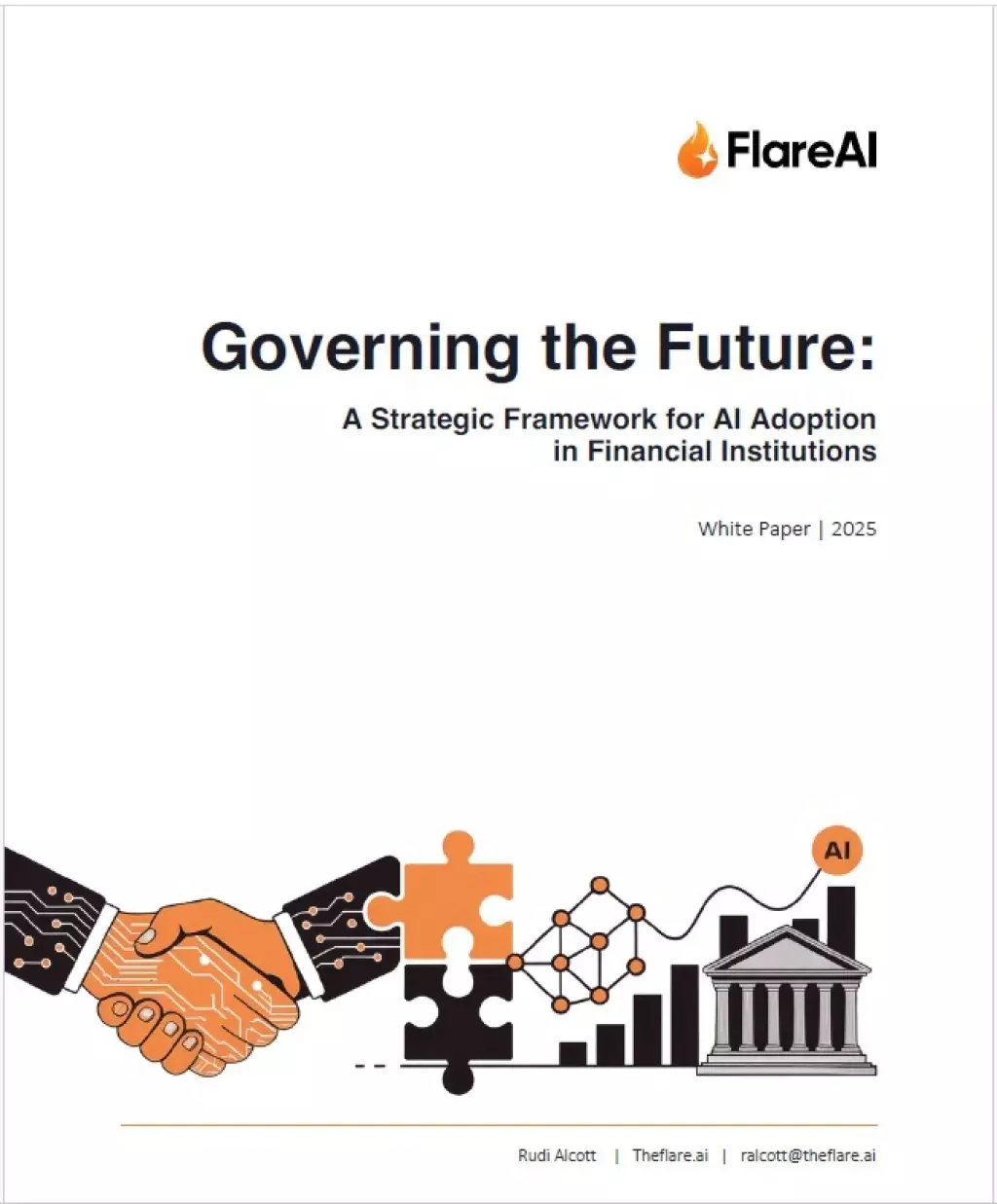DeepMind Publishes Comprehensive AGI Safety Paper

DeepMind has published a comprehensive 145-page paper detailing its approach to Artificial General Intelligence (AGI) safety, predicting that AGI could be developed by 2030. The paper, co-authored by DeepMind co-founder Shane Legg, outlines potential risks associated with AGI, including "severe harm" and "existential risks" that could threaten humanity.
The document contrasts DeepMind's risk mitigation strategies with those of other major AI labs, such as Anthropic and OpenAI. It emphasizes the importance of robust training, monitoring, and security measures to prevent misuse and misalignment of AGI systems. The paper also questions the feasibility of superintelligent AI without significant architectural innovations.
DeepMind's approach focuses on technical solutions to prevent bad actors from accessing dangerous capabilities and improving the understanding of AI systems' actions. The paper acknowledges that many proposed techniques are still in their nascent stages and require further research.
Despite its thoroughness, the paper has faced skepticism from some experts. Critics argue that the concept of AGI is too ill-defined for rigorous scientific evaluation, and question the realism of recursive AI improvement, a key component of DeepMind's safety strategy.
We hope you enjoyed this article.
Consider subscribing to one of our newsletters like AI Policy Brief or Daily AI Brief.
Also, consider following us on social media:
More from: AI Safety
More from: AGI & Superintelligence
Subscribe to AI Policy Brief
Weekly report on AI regulations, safety standards, government policies, and compliance requirements worldwide.
Whitepaper
Governing the Future: A Strategic Framework for AI Adoption in Financial Institutions
This whitepaper explores the transformative impact of artificial intelligence on the financial industry, focusing on the governance challenges and regulatory demands faced by banks. It provides a strategic framework for AI adoption, emphasizing the importance of a unified AI approach to streamline compliance and reduce operational costs. The document offers actionable insights and expert recommendations for banks with fewer than 2,000 employees to become leaders in compliant, customer-centric AI.
Read more
